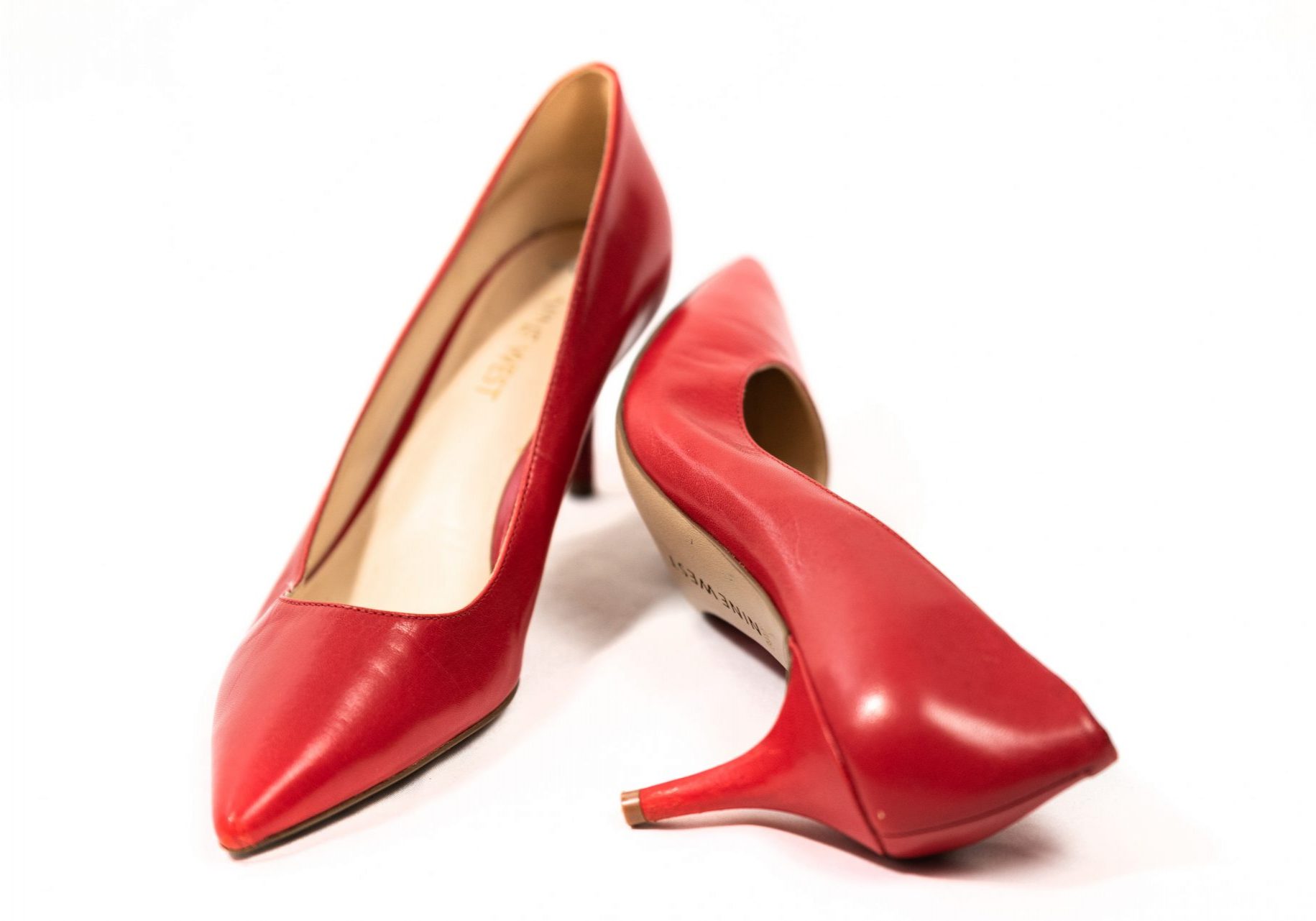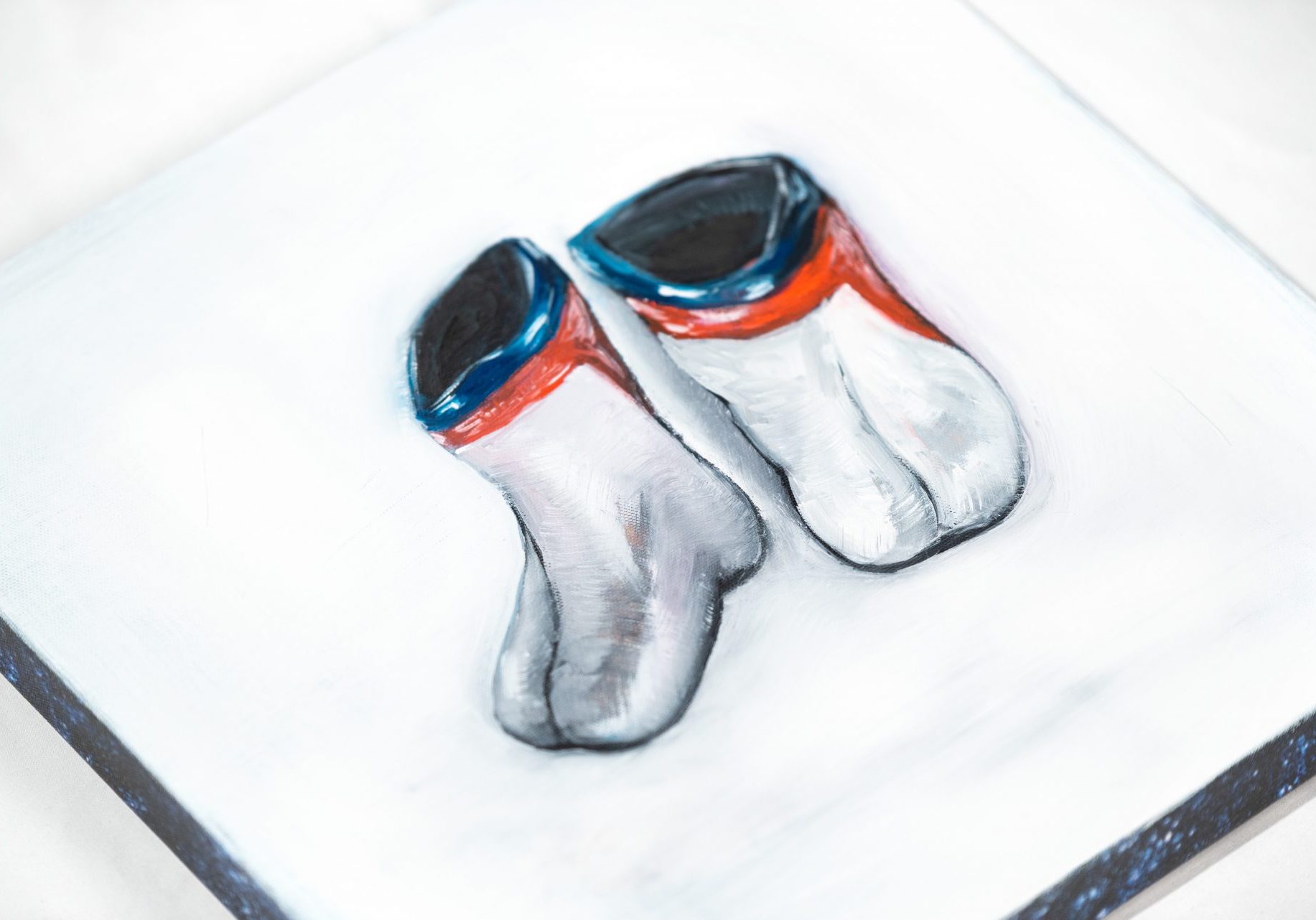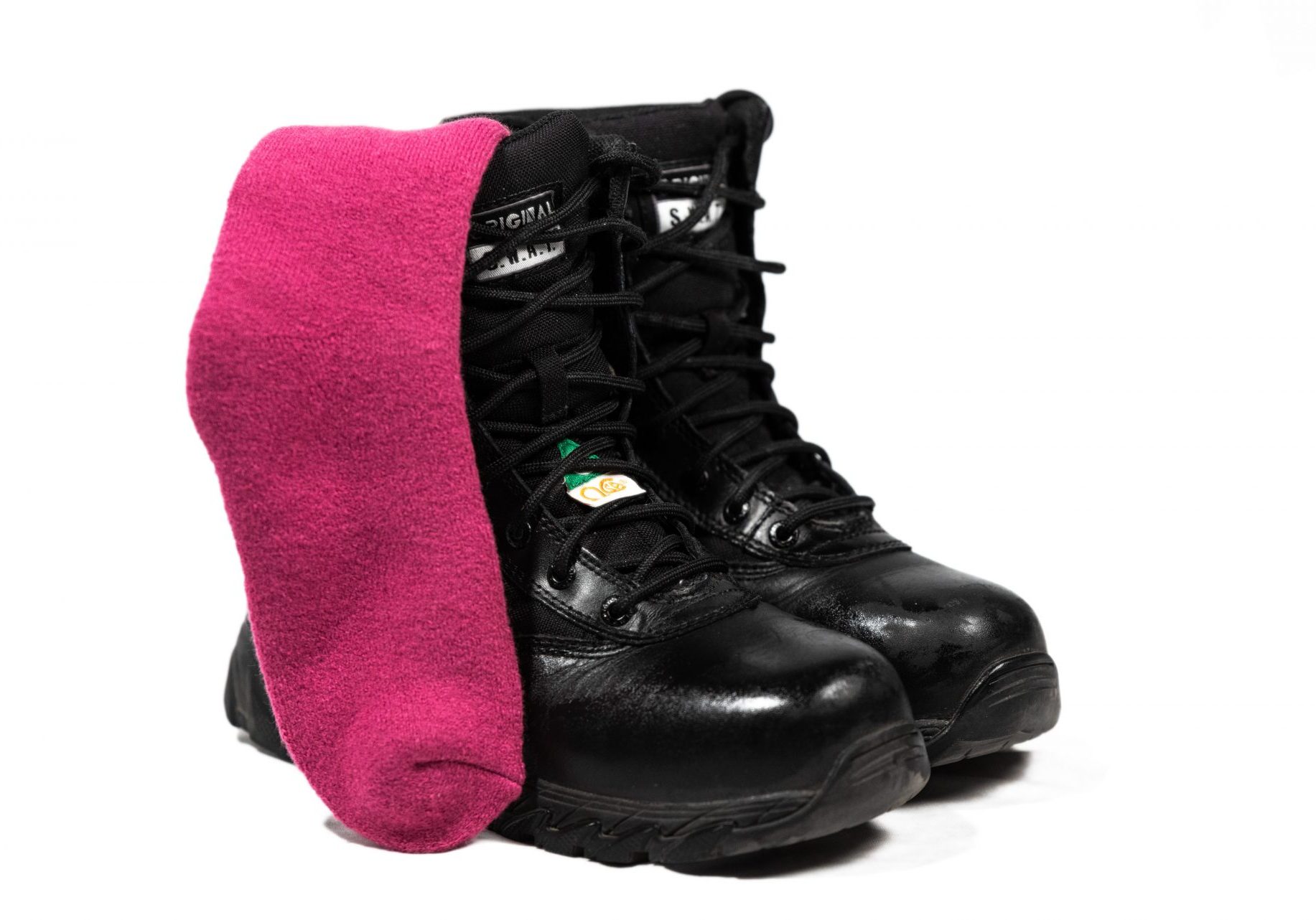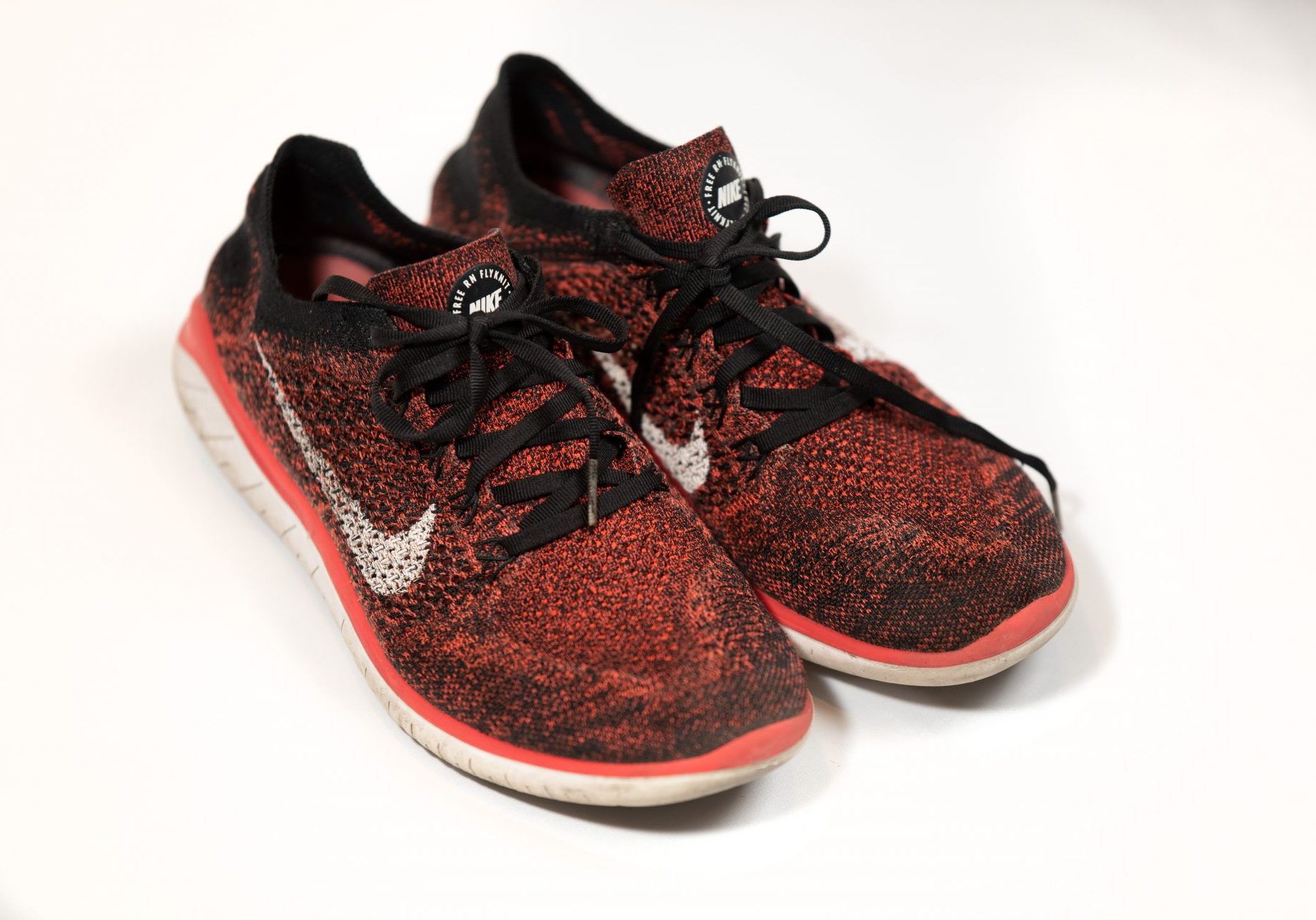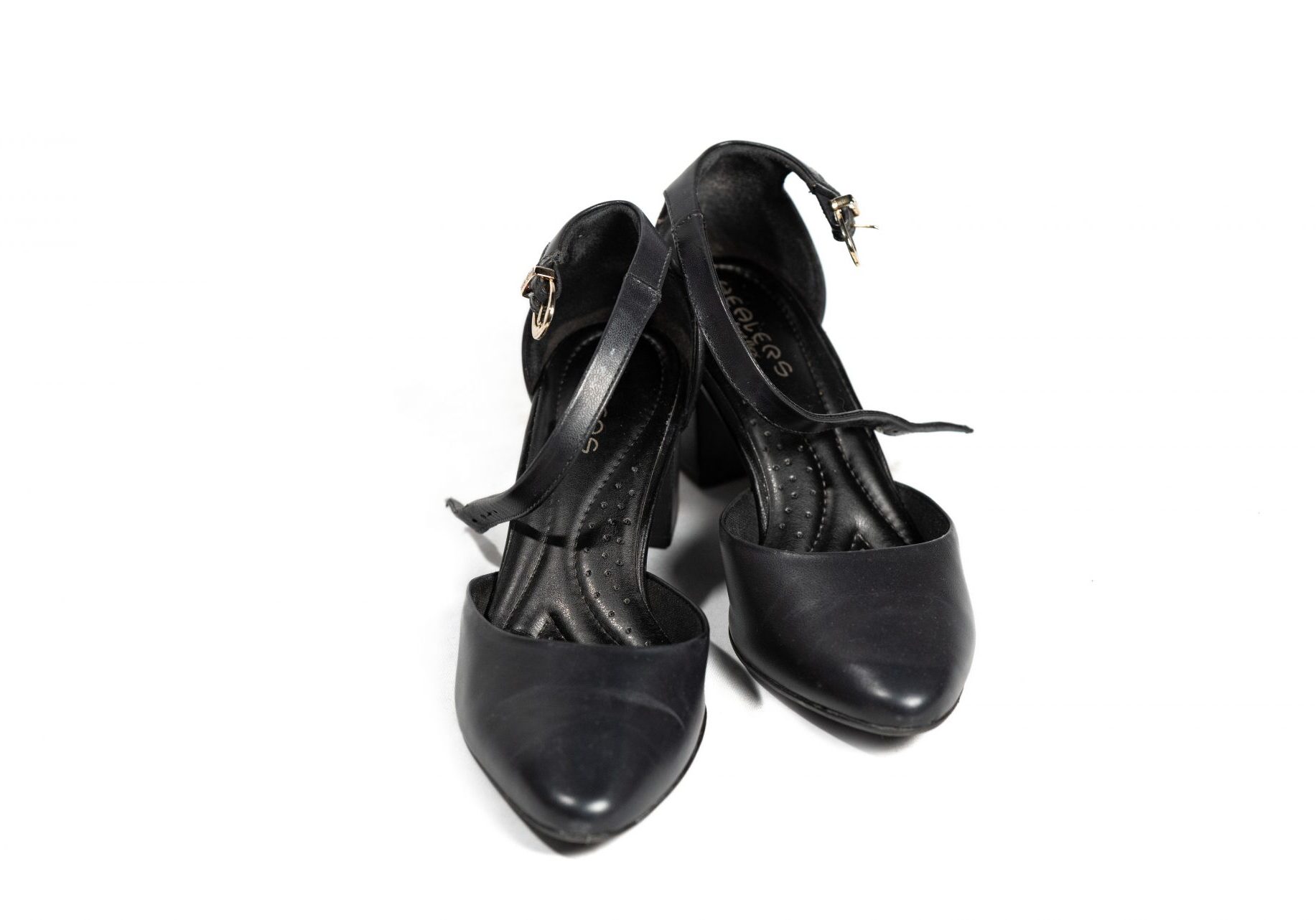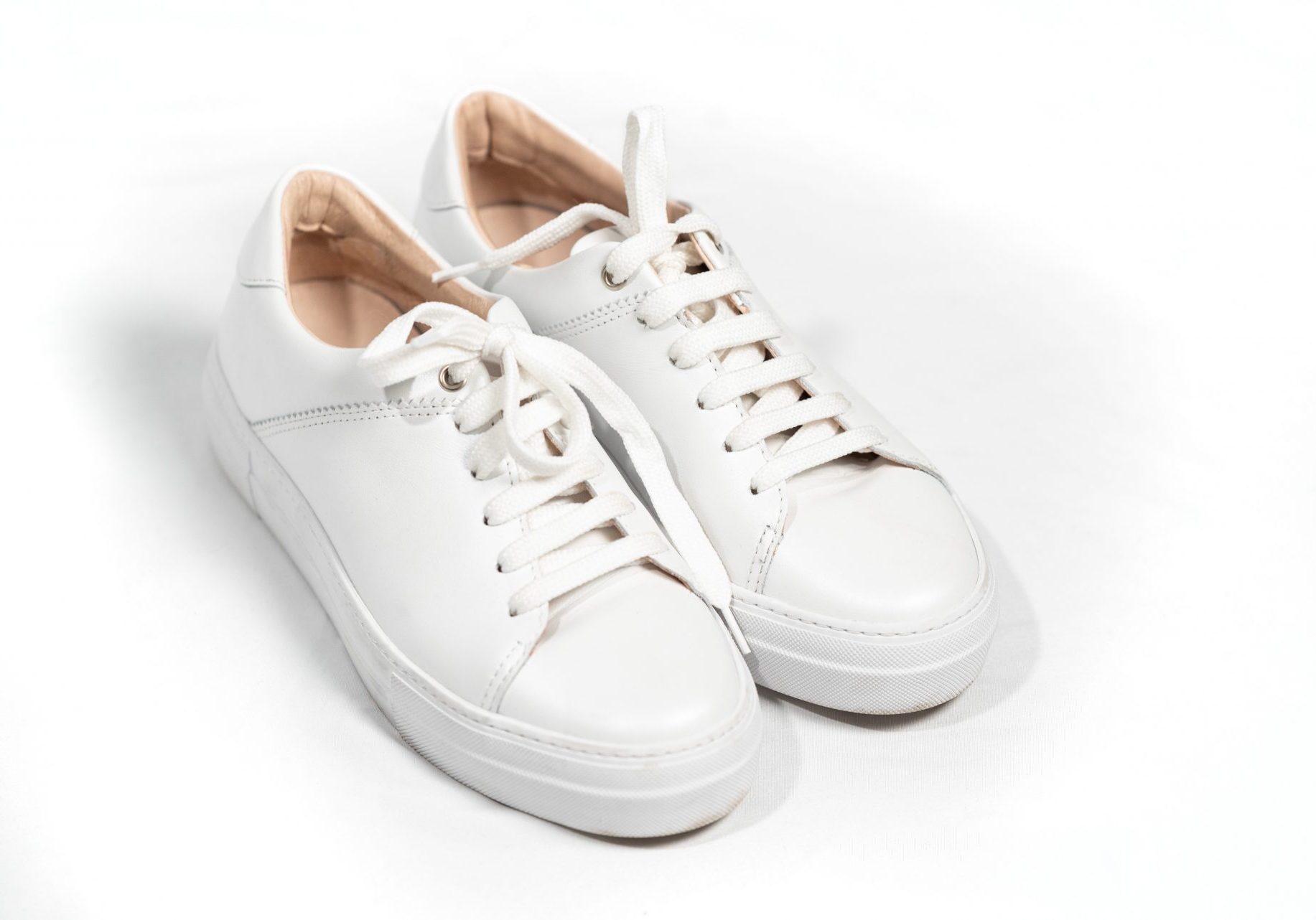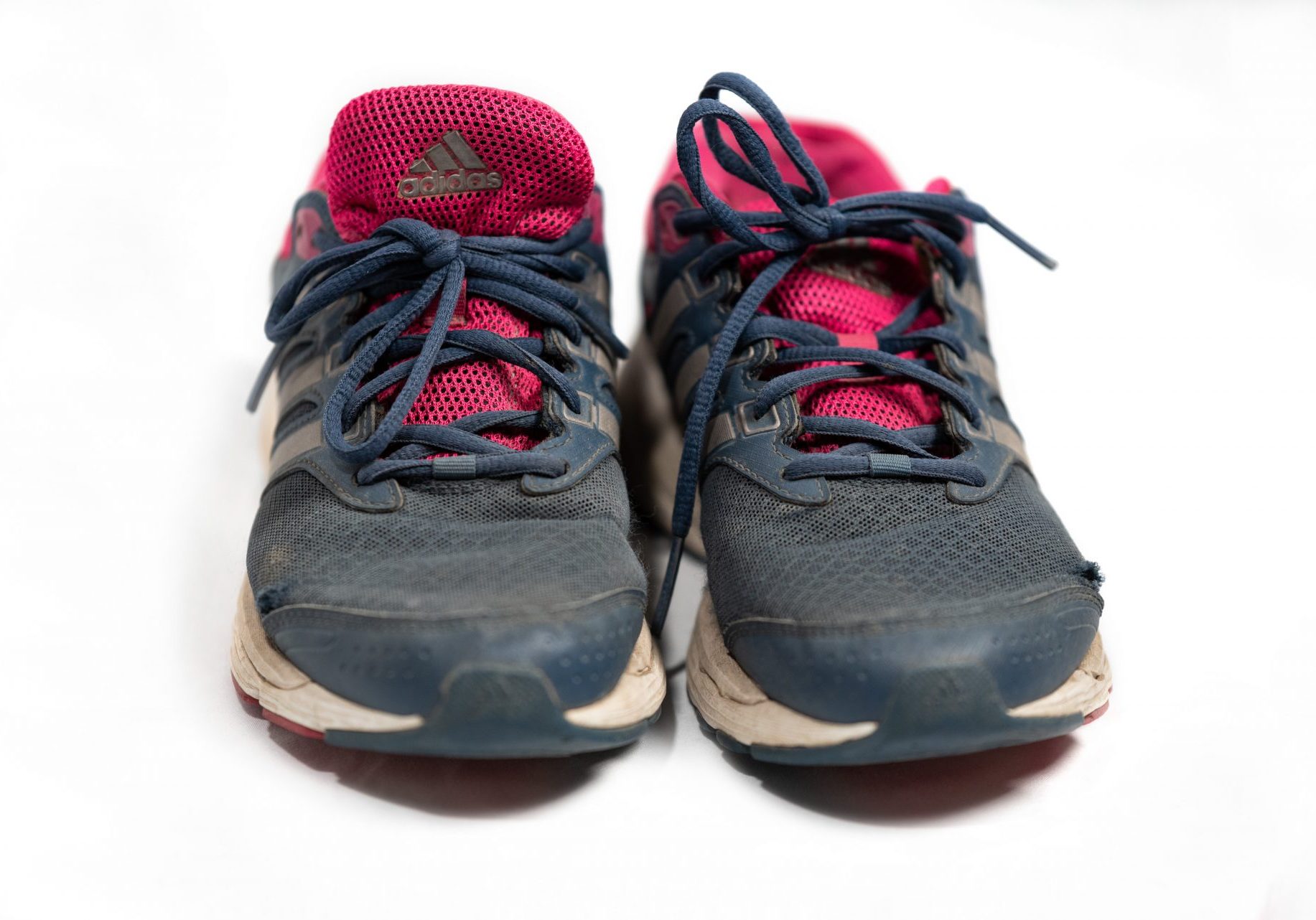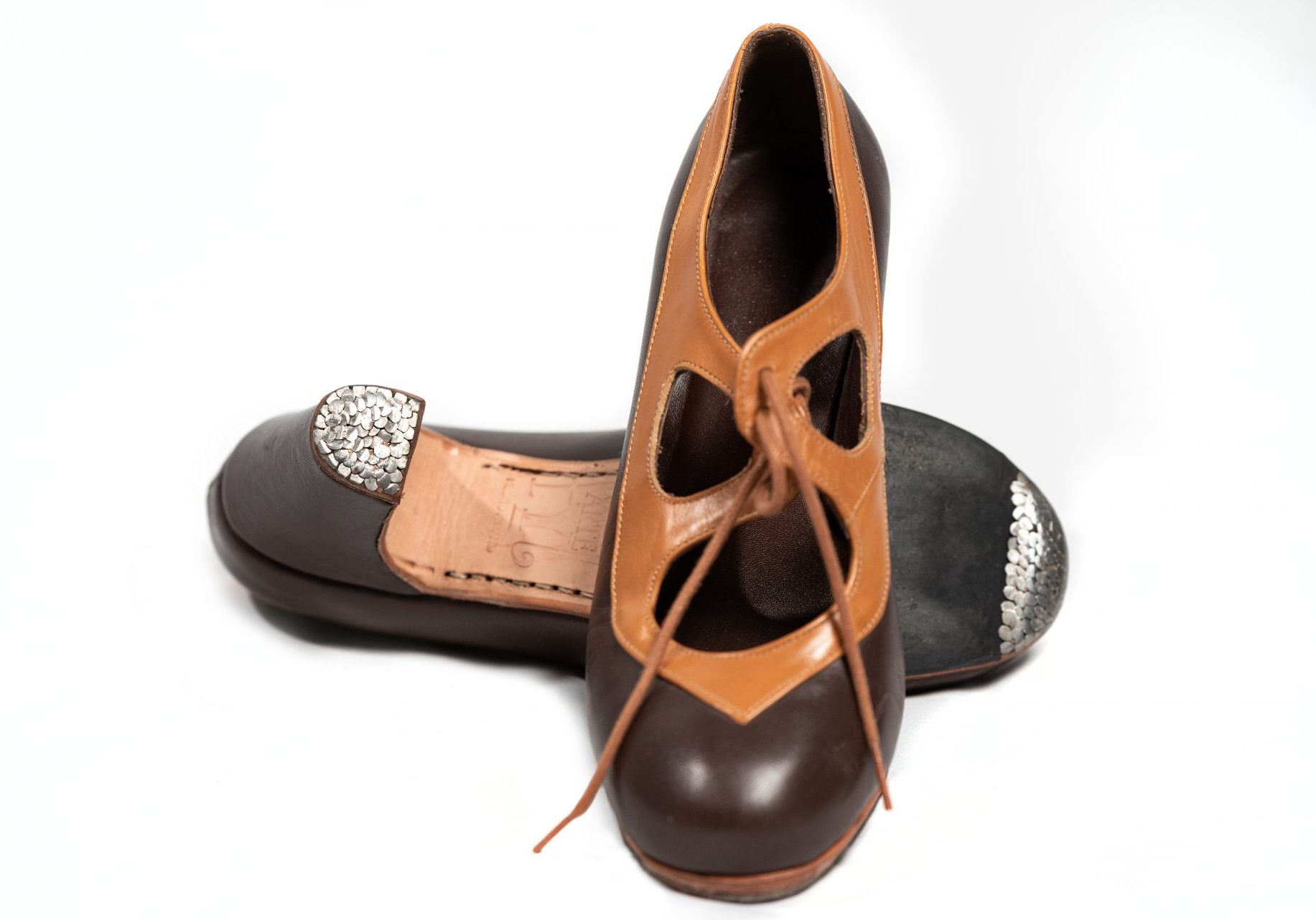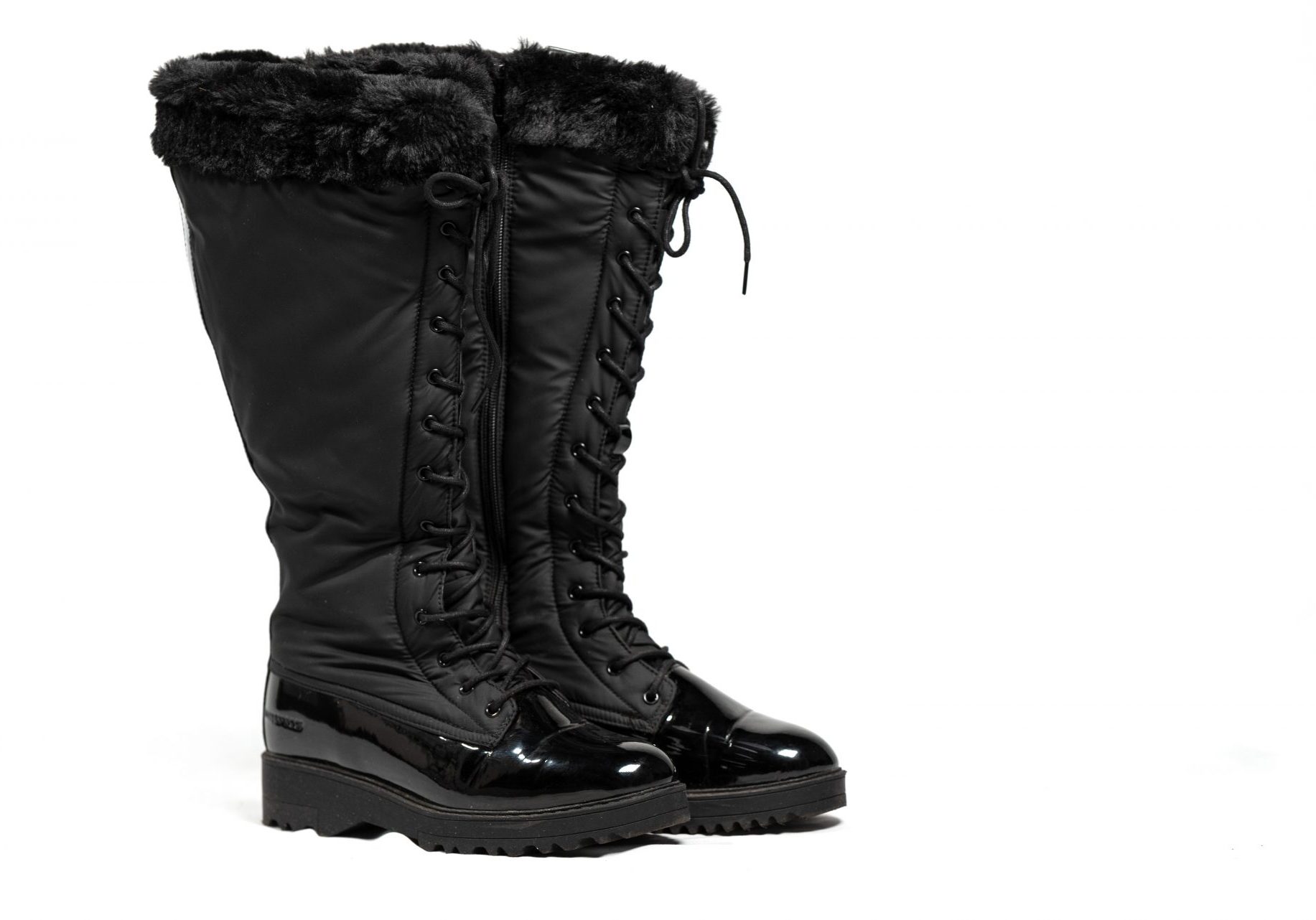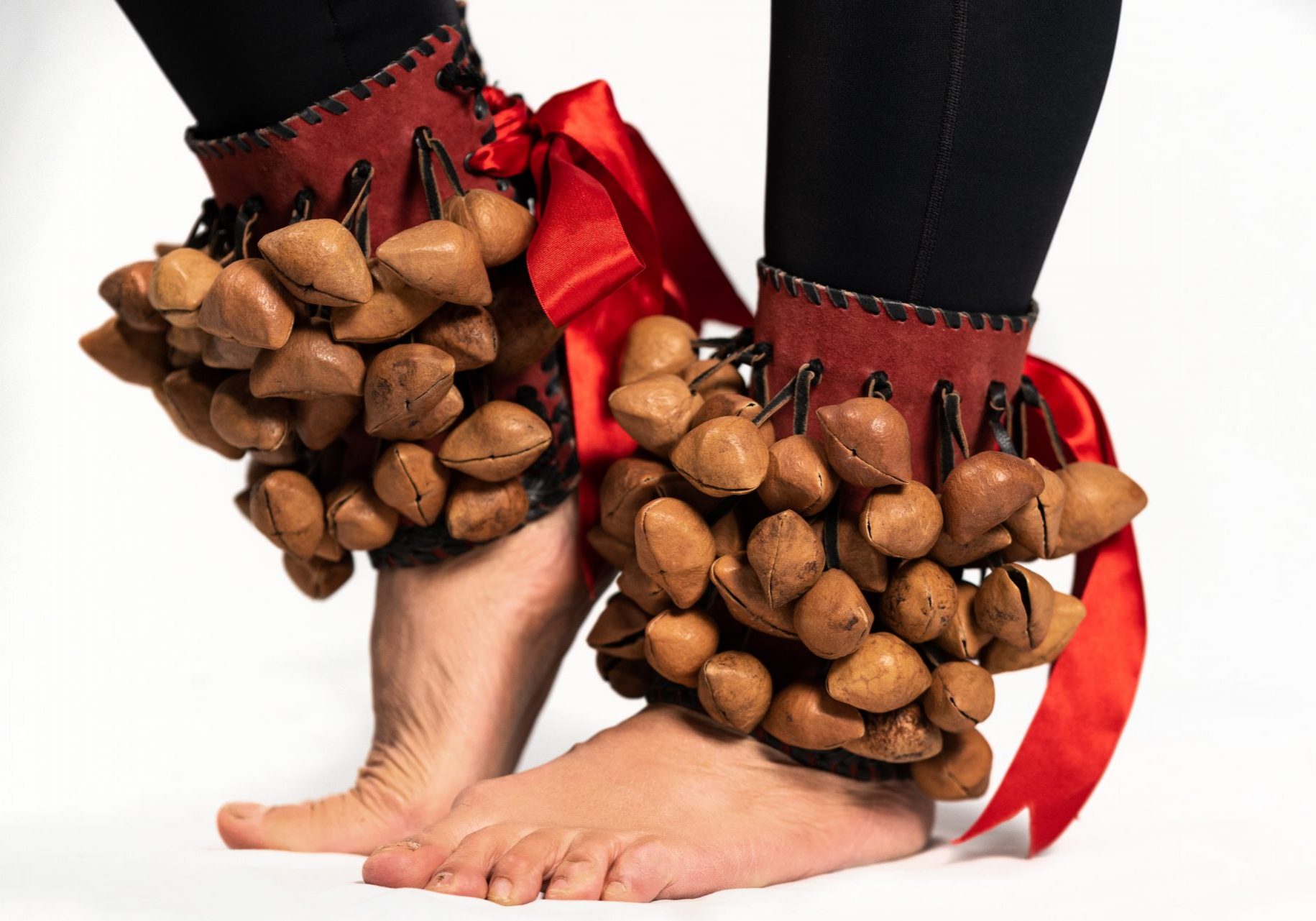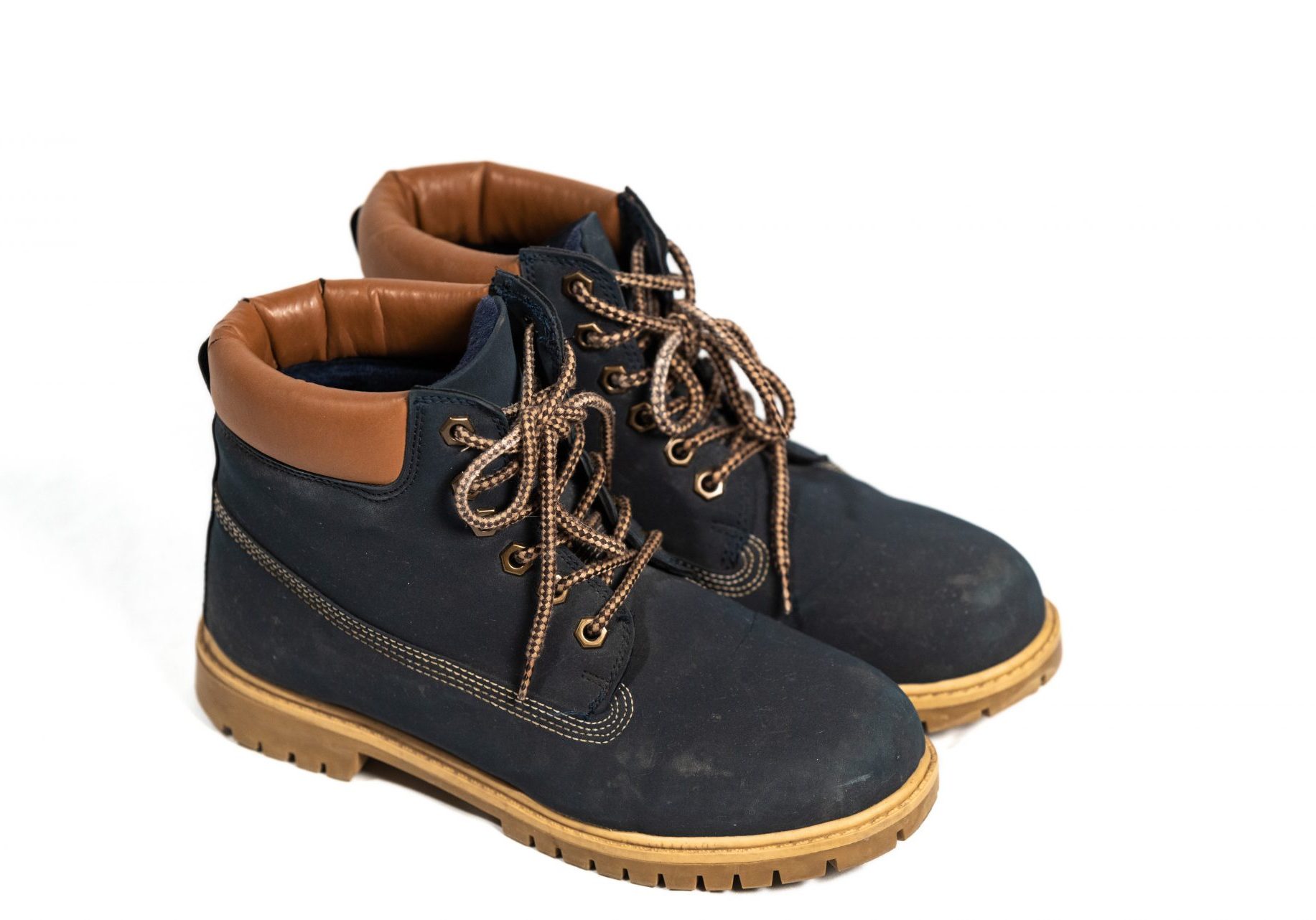Finding the Gate
Sheila Qayumi (+Video)
Story:
In Afghanistan, I was a women’s rights activist and worked at a non-profit, non-governmental organization that empowers women. Afghan women suffer from violence, discrimination, and child marriage. A dispute between the men of families is sometimes resolved by giving a girl as a gift. I have raised my voice for women’s rights through TV channels, and I’ve advocated by working with foreigners.
On August, 15, 2021, I was in my office in Kabul, as usual. I checked social media and saw a post saying that the Taliban had entered the city. Everyone was shocked. I left my office. The streets were full of cars and people hurrying to reach a safe place. Usually, it took me less than one hour to get home, but with Taliban gunshots and blocked streets, it took five hours.
I did not know what to do or what would happen to my family. The Taliban were going door to door looking for activists like me. Most of our neighbours were Taliban or Taliban sympathizers. My children were scared and said the Taliban would find us and kill all of us. I felt guilty. Their lives were in danger because of my work.
After four days of hiding at home and worrying that the Taliban were going to come through the door, I received an email from the Canadian government. They knew about me because my work was partly covered by a Canadian fund. Also, a week earlier, I had filled out a form saying I would like to immigrate to Canada. The email asked me, my younger son, and his pregnant wife to go to the airport that same day—but it did not mention my other son, his wife, his baby, and my husband. I didn’t know if leaving my family members was the right or wrong decision.
The three of us put our essentials into three suitcases and drove towards the airport. Thousands of people were rushing in the same direction. We had to get out of the car and go by foot. My flat leather shoes were good for walking. As we got closer to the airport, we saw the Taliban beating people, pointing their shotguns, and throwing tear gas. People were fleeing. We went back home.
That night I received another email from the Canadian government. It directed me to try another gate in the early morning. So we did. It was even more crowded, but there was no gunfire, no beatings. Afraid that my daughter-in-law and her baby would be harmed, my son and I wrapped our arms around her. Many times I felt like I was dying from the pressure of the crowd. We were there until 2 p.m. Again, we returned home. My body was covered with small burst blood vessels and bruises.
The third time we tried a different gate. The Taliban fired guns constantly and didn’t allow anyone to get close. Again, we turned back. Then, at 10 p.m. that night, someone called from the Canadian government and told me how to enter the gate that night. He said I should carry a red scarf to wave and yell my name when I saw a person holding a Canadian flag and wearing a military uniform.
We tried again. Carrying our suitcases in the rush of people had become impossible. We left them at home. I just took a backpack in which I put my laptop and pajamas. We had no money because the banks closed down when the Taliban took over. I thought it was our last chance because my daughter-in-law was suffering so much. I squeezed and forced my way to the front, waved my scarf, and reached the Canadian army. I told them that my son and his wife were back in the crowd. The army called them by loudspeaker and asked people to let them through. We all made it to the Canadian military camp inside the airport. We spent two nights there. There was no comfortable place to sit or sleep and no halal food, so we could not eat.
Finally, we got on a military aircraft with 600 people and no seats. Everyone had to kneel. We kept being told to move forward to make room for others. Again, my son and I tried to create space for his wife. After six hours, we landed in Kuwait. Without a stopover, we travelled to Germany, and then to Canada. We were given food on the flight from Kuwait to Germany: boiled eggs, pancakes, and French fries. We ate in a hurry. When we finished, we sat in silence, looking into each other’s eyes. Our tears began to flow.
On August 23, 2021, wearing my flat leather shoes, I landed in Toronto. I was in trauma, just crying and not sleeping and worrying about my family who had to remain. I felt that I had left half of my soul in my country. I was not complete. After a month, we chose to settle in Calgary. We were resettled into a small house completely different from my big, three-floor house in Afghanistan, but I feel peace here. I feel safe. I am hopeful that the rest of my family will find a way to get to Canada.
Calgary is a very cold place, but there are no suicide attacks, no explosions, and no gunfire here. It has human rights and equality. Two months after my arrival, I started a job at the Calgary Catholic Immigration Society (CCIS). Instead of my flat shoes, I wear winter boots, showing that Afghan women are adaptable. We don’t give up. We have the right to enjoy life and be happy.
